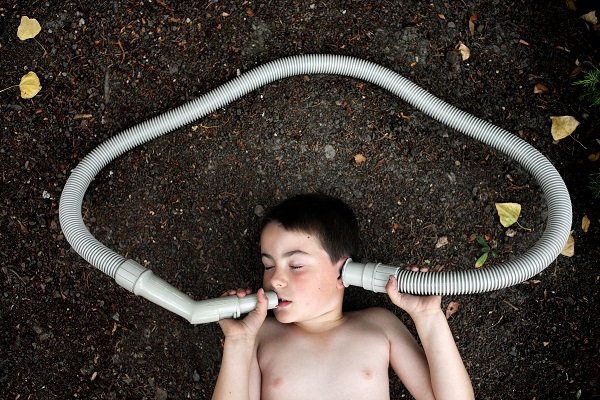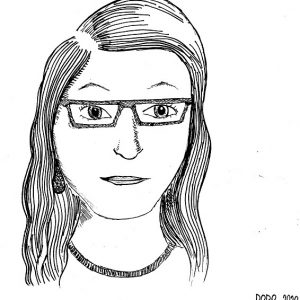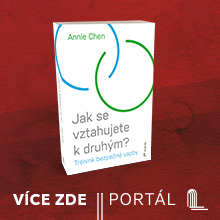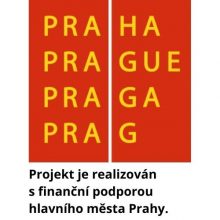The pictures of American photographer Timothy Archibald showing his autistic son have become known around the world. The Echolilia project is very special and many people are still interested in it, although it was made during the years 2007 and 2009. We wanted to know, how is Eli doing today.
Could you please tell us something about your project Echolilia where you have taken photos of your son? Why did you begin to take pictures with him?
Echolilia was done together with my son Eli between the ages of 5 and 8 years old. And now he’s 15, so it’s seems like long time ago. People discover with this project that it’s new to them. When we started the project, it was the period, when everything in the house seemed to be revolving around with question what is up with Eli, why is Eli so different? E.g. He was in kindergarten and kindergarten was having problem with Eli and we’re taking him to doctors and doctors really didn’t have answers about what was so different about him and really everyone it was and every moment seemed to be about trying to answer the question what is up with Eli. And as a photographer I was used to having a big world where I can discover it, where I can meet different people from different cultures and photograph them and suddenly my world was very small. And it was all taking place in my house. Every day was involved trying answer the question what is up with Eli, what is the problem with Eli. And around that time it added up frustration or desperation. I got my camera out and it was like I take some pictures with him and it will give us something to do and maybe if I capture how different he is (on film) that I can show it to doctor and maybe then the doctor can help us figure out what the problem was. We just started to make photographs together. And it was at the point where it was just nothing left to do. It seemed like I can do anything else that can solve this problem, so let’s take some photographs. And then, Eli was fine then.
Did he actively participate while photographing?
When five-year-old, it’s hard for you to make them do anything, I can’t really make him brush his teeth so we took some pictures at least. This seemed to capture his attention. And he didn’t want just be photographed, he wanted to collaborate, he wanted to decide what to do when we went to photograph. We wouldn’t let me tell him what to do, he wanted to do the thing and then we make the photograph and we were using an early digital camera at the time. And then, he wanted see the photograph at the back of the camera. That feedback-loop was activated. And suddenly we had a project, something we would do every day – make photographs together. He would be doing something unusual and I would be making it noted. And I wouldn’t say “Hey, let’s do that tomorrow when we take pictures, let’s do that when the light’s nice, let’s do that in the simple spot of the house etc. So, when we wanted to make photographs, we knew what to do.” We had a plan. And he would bring up things like “Hey, I was doing this, what if we did that in the photograph.” It was just a game, that was the path. And then, me as a photographer, suddenly, the photographs we were making didn’t look anything like my photographs. They looked original, they looked new. They just looked refreshing to me. Not only was I getting interesting photographs, but then I was getting his attention. I was getting control over this situation.
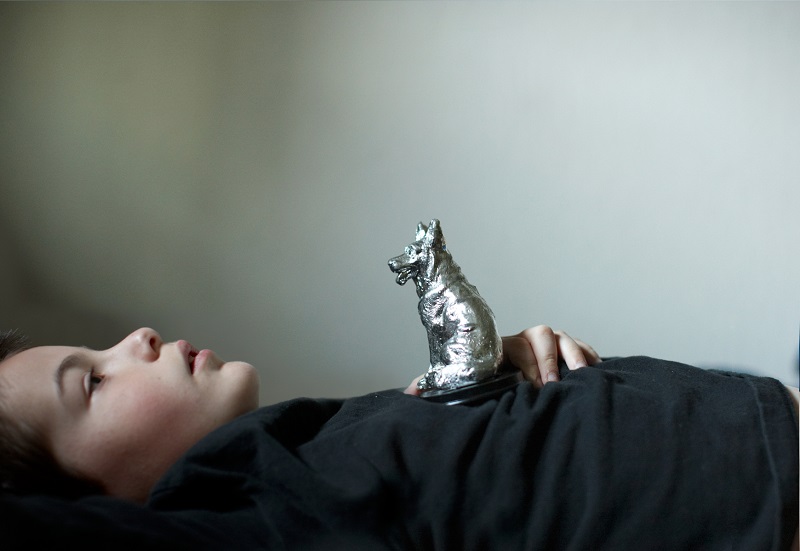
In our country, people discuss very intensively if parents have the right to publish information and photos with their children with autism. What do you personally think about it? Was your wife now OK with your project?
Well, my wife, I think, at the beginning, she was very uneasy with the project. She wondered if this is a positive thing for Eli, is Tim trying to work out his own frustration. She questioned the motivation. And I think that it evolved that she came around to it. And she saw that suddenly we had a bond here. It wasn’t without controversies – that in the photos he’s not wearing the clothes – for him at the time, he didn’t like what shirts and clothes felt like and he was running around the house naked and myself as a photographer, I liked that because it seemed that they are from a certain time, they looked that they can be from any time. And people said: “Well, you’re photographing your kid and he’s naked and he’s autistic. Should you be doing this?” I think that as an artist or parent, you’re stuck – I don’t know what’s right and what’s wrong. For some reason, at that time I felt like “Okay, let’s move forward with this, everything’s fine, everything’s positive and he seems to be enjoying it”, so I took that risk. But it did occur to be that he could become a teenager at some point and be like “I don’t want these photos out there, these make me self-conscious, this crossed the line.” And he’s 15 now and he seems it’s worked out. In March, we’re having an exhibition of these photos at a museum here in America and he would like to speak at this event because he’s done. But now as a teenager, he wants to leave this in the past. He’s very eager to come on this trip and speak to the audience.
Does Elijah mind that everybody knows that he is (as it is said) “an aspie”?
No, the thing is that I never told him that this was a negative. At one point, you have to say to your kid that he’s autistic. The doctor solved this autism, so it was that phrase. For me, it was never a tragedy. He’s high-functioning he goes to public school. When he was younger, I always it that he had special skills like “you are autistic and that is a special skill you have, you do and see things in a different way, this is what you are born with in the same way that everybody else is born with other things.” I really taught him out of default because I didn’t have any plan – look, this is an asset, this isn’t a negative. Whether it is or it isn’t, obviously, it’s full range of things. They are some people who are really cripple by autism, so I don’t want to take away from that but in this case I always taught him it was nothing to be embarrassed or to apologize for. Just lead your life, nature is not perfect, it doesn’t make everything identical (every leaf isn’t identical to another leaf). So, it was something we led with.
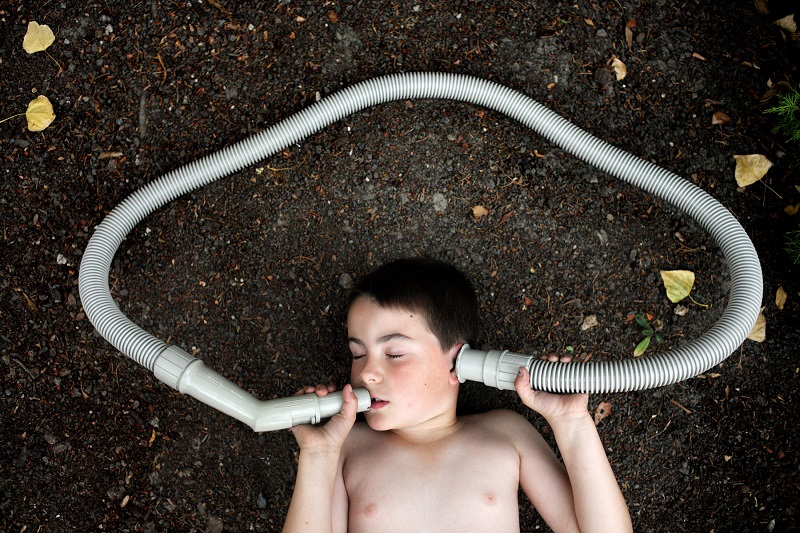
When did you get to know about that your son has autism?
He was always unusual from the very beginning, he was always at the characteristics of his autism. He wasn’t like first he wasn’t and then he was. He was always different. And then – he has a little brother. When you have a kid, you always think that all the kids are like that, you don’t have anything to compare that to, except your friend’s kids, but you are not raising them, you’re just seeing them. And the difference became more apparent to us when his brother was born, suddenly we had a feeling that this is the what the normal kid feels like (and Eli is different).
How does his brother take that his sibling is autistic?
For Wilson, growing up with Eli did set the tone in a different way for what “normal” was. At this age they are best friends, ages 12 and 15, and for a while Eli was the path from which all things cool came from for Wilson. But there was a time when they were younger when i had to realize that these kids needed different things. Eli would like to watch subway trains for hours on end and Wilson would join us. As Wilson got older he’d question this and admit “I really don’t enjoy watching subway trains like Eli does…” so it took him a while to stand up for his own wants and needs. As a parent, ot took me a while to understand they’d want different things as well.
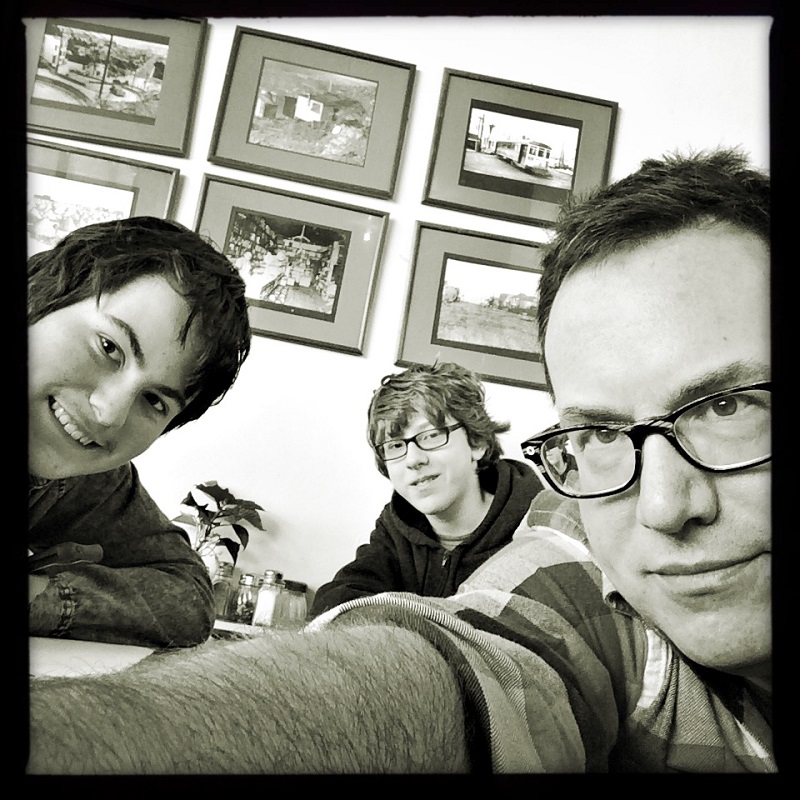
We read that Elijah has a moderate form of autism (so called Asperger’s syndrome). Is he going to an ordinary school? Does he have an assistant during classes? Did he encounter any form of lack of understanding at the school or any form of bullying?
He goes to public school, just the normal school. There are no aids in the class from anything. But he did have a therapist two days a week for four years, from 2009 to 2012. And that was a massive help – social skills and teaching. And it was from the afterschool to bedtime. He’ got a lot of medication – it doesn’t help autism but it helps other characteristics that maybe come with it. The medication helps them mentally. He’s on Ritalin which helps with the concentration. And then Prozac – that seems to work with him well. It keeps him from being in emotional roller coaster, in a very consistent emotional state. And there is another drug, Guanfacine, which helps with Ritalin, he’s been up with these drugs for six years now. It helps him mentally. The combination of medication and in-home therapist has helped greatly.
What views do the San Franciscans have about autistic persons?
Oh, well San Francisco is extremely liberal place. It was the first place in America that had a gay community. It’s open to all types. Once we received this diagnosis that Eli was autistic, we never talked about it or addressed it. We don’t discuss it and we aren’t active in an activist way. To me, he is who he is. He is autistic in the same way that he has brown eyes and brown hair. But with this project that got so much attention, he became to represent autism to the world for at least the couple of years. But in our home, in our community, we don’t have anything to do with autism. We just accept that as a normal thing.
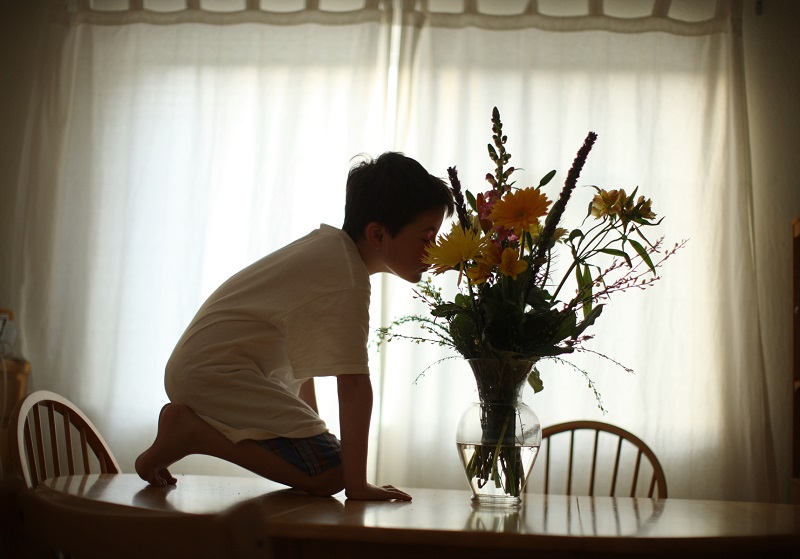
How is Elijah doing, as a teenager? What is he good at, what challenges does he encounter, what is so fascinating on him for you? What are his special abilities? Does Elijah already know what he would like to do?
Like a normal kid, he’s gone through different phases of things he was interested in. He played a little bit baseball, then he got to Minecraft computer game. Now, he’s on high school and that’s very demanding, so now he’s more focused on his academic. He’s kind of followed the typical trajectory of things. His social life became suddenly more in accordance. In last year, he has a group of friends that he goes to the movies with, and this year he got preoccupied with Trump election. He’s not supporting Trump but he finds him fascinating. So, the current events are now big for him right now. He was interested in the monetary system – different currencies in the different countries, he’s got his fascination. As a parent, I just let him – I can entrust his take on things, he’s very independent. I don’t really influence him in any way, e.g. I don’t make him do his homework, he just does it, I don’t steer towards anything, he finds his own interest, he’s extremely independent. But I don’t know if it’s his personality or his autism or whatever. I never see him homework ever., although he does it (laughs). His brother is more like a normal kid who you have to nag to go like “Do your homework! Eat your vegetables… And with Eli, you don’t do any of those things because he does his homework. He seems to get all ace. As I said, he’s very independent – I tend to feel that it’s because of autism. He controls his own banking and all these things. Somehow, he felt more comfortable controlling all these things rather than letting them.
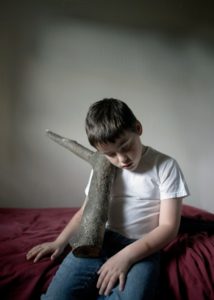 Son Rise Method says that a child with autism is a blessing or a gift, what did Elijah teach you?
Son Rise Method says that a child with autism is a blessing or a gift, what did Elijah teach you?
I think the main things, he’s been to simply accept what nature gives you and you make the most of it and don’t ever view it as a handicap. I don’t want to take away from the idea that there are kids and adults that are handicapped by autism. But I think that in Elis case, his differences are an asset. Take the cards and make the most of it. And that the lesson of everyday that I learn from him. Did I take it as a survival lesson or did he teach me that, I don’t know? But when you face the situation, what rises to the service what are you living with. Well, living with him was fascinating in every single day.
There is an opinion about men or fathers that they have frequently troubles to accept the diagnosis of their children and that they eventually leave the family. Do you think that it is right and what is your opinion about this topic?
I think it does seem, that the autism breaks up the family and that happened here. Me and my wife divorced. In that case, the kid lived with me here and she moved out. She’s still in the picture but she did pull out and so I think that it’s hard and that it’s hard for mom and dad to give each other what they need and then feed the needs of the kids too. It changes the dynamic. There’s no reason to blame who escapes and who stays, you know what I mean (laughs). But maybe I was just probably head skilled better to handle this type of thing. But she sees the kids during the week and the times! I can’t say that it divided the family but the family did divide. And I think there is one parent that can handle it better than the other.
What would you advise fathers in the situation when they learn that their child has autism?
My advice wouldn’t be to fathers, it would be to both parents because I think that the world can change back and forth – to me, the value, investing in the relationship is key. Like – Does Eli care that we make photos together? I think not. Does he care that we spend all the time together to understand each other? I think so. I mean the photos just a thing that happened because I’m a photographer. I was baseball player too and suddenly my kid was autistic and I couldn’t reach the kid that could understand the kids. Well, I went to the backyard and we played pitching catch every day. Suddenly, we had a relationship, we had a project to work out. And so, it’s the power of relationship, it’s not the photography, it’s not autism or anything. I think any time someone invest in attention and energy into relationship, they rewarded (laughs). Either with more harmony, better relationship – listening is key in any relationship. Here, I’m a greedy photographer, I’m always looking for a good story and would go all over the country looking for story. But then, simply by listening, I realize, there was a good story here in my house. OK, photos came from it, but the bigger thing was that I helped me build this relationship with my kid. I guess my advice for anybody would be: “Put your energy in and see what comes out.”
What is your favorite photographic subject?
I am a big portrait photographer, people are fascinating for me. Doing portraits is really what I do for a living. I like subjects that are different. I probably always liked that and having an autistic kid here fits in with that a little bit. I am always interested in the way that people express themselves, by e.g. being different or by being so normal that they are different or maybe their differences are just a little very settled but then they are celebrated in the photograph. My current project that I’m doing is photographing the homes in the town I live in during Halloween. It’s a humble little working class town but the people decorate in a very theatrical way and for me it’s almost a self-expression. Like a simple way of expressing themselves. There’s no people in those but I see as fitting in the other work as well. It’s about self-expression but they are not in the photographs.
Are you still taking photos of your son?
The project Echolilia got published and it’s on our websites. It’s a self-published book that we’ve sold for years now since the project came out in the 2010 and he signed it and I signed it. We only did that project for three years, between 2007 and 2009 and then we stopped. Because it really seemed like at the beginning, there was sense of discovery, we were learning about each other. And at the end, it seemed like we’ve learned about each other, we could stop. We didn’t have the fuel to make those photographs any more. We could just lead our life. And so, we don’t photograph any more beyond like parental snapshots of things that we’re doing. And I’m good with that like I wanted to had to be the bubble to capture that stressful time that it was, not to document his entire life. So, only let’s document that period of discovery and then let’s move out.
Thank you, Timothy, and good luck!
I appreciate the interview, it helped me mentally as well! Thank you too!
Interviewed by Adam Vaněk / Photo Timothy Archibald’s archive

